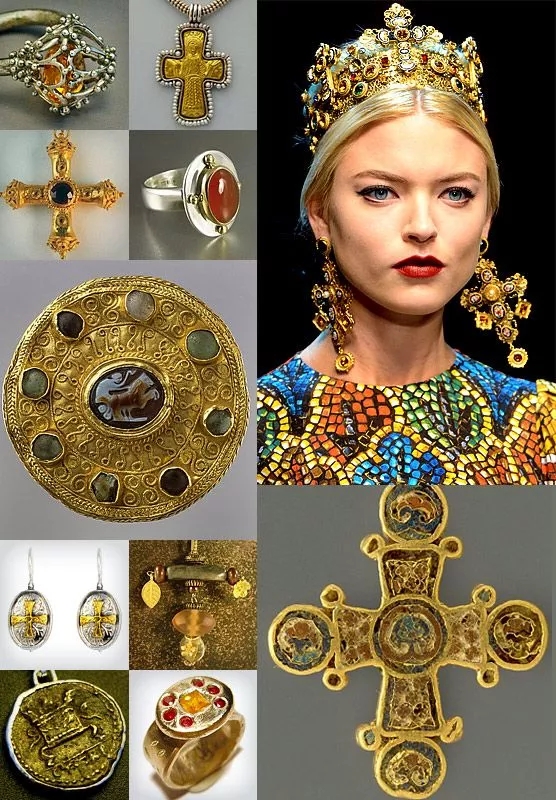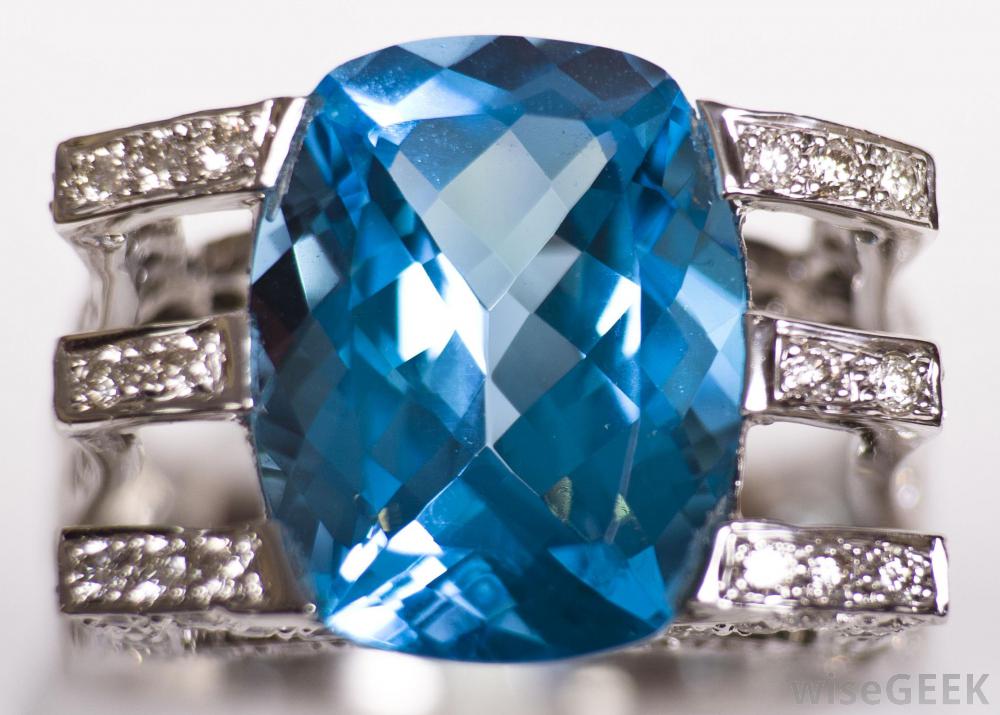
In the Western world, there is a longstanding tradition of engagement rings being presented to women in order to propose marriage. If the woman accepts, she wears the ring throughout the engagement. Failing to accept the ring means that the woman declines the proposal. More recently, men in some cultures have began to wear engagement rings as well, or the equivalent "promise ring."
Since the tradition is so widespread in Western culture, with some regional differences, one may well wonder how it began in the first place. The tradition of giving an engagement ring dates back to the Classical era, when there was believed to be a vein running straight from what is now known as the left "ring finger" to the heart. The fourth finger of the left hand is still the traditional finger on which to wear the engagement ring.
The tradition of engagement rings as we currently know it arose in the medieval era, when, in 1215, Pope Innocent III instituted a mandatory waiting period from engagement to marriage. For the first few hundred years in the engagement ring tradition, only the wealthiest nobles could afford precious stones for their rings, and most engagement rings were simple metal bands. Plain bands are still worn as engagement rings by both men and women in many countries, including Denmark, Germany, and Sweden.
When a larger portion of the population became able to afford rings with precious stones, engagement rings became highly symbolic, many including sets of stones with personal meanings. One popular model featured the birth stones of the engaged couple and each of their parents. The Victorian tradition included precious stones whose initials spelled out a message: Lapis lazuli, Opal, Vermarine, and Emerald for LOVE, for example. Other popular rings had gems spelled out Regards or Dearest. Some engagement rings during this era also contained compartments for a lock of the betrothed's hair.
In modern day England and the United States, among other countries, the most common type of engagement ring is a diamond solitaire. This is largely due to an advertising campaign by De Beers in the 1940s. In some countries, such as France, other precious stones are commonly seen in engagement rings. One tradition of engagement rings calls for the ring to be expensive as a symbol of the man's commitment, and many engagement rings are truly impressive.




FANXI u00a9 All Rights Reserved.






